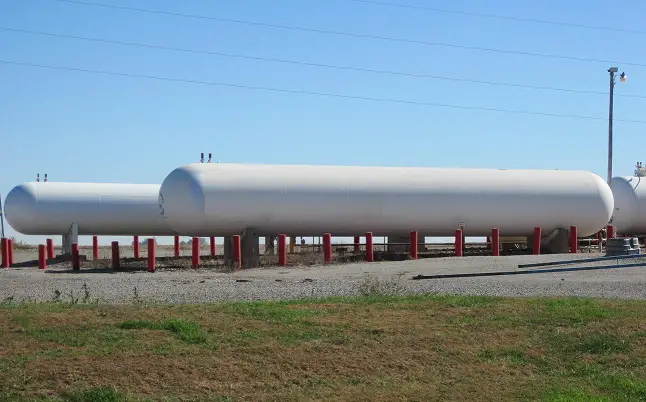Germany’s BASF, the largest chemical producer in the world, has announced that it is going to reduce its production of ammonia. This will apply further pressure on already elevated fertilizer prices.
Germany is presently undergoing a natural gas shortage due to Russian limits imposed on the flow of natural gas to Germany through the Nord Stream pipeline. Russia first cut gas flows through the pipeline to 40% of capacity in June, saying they could not maintain adequate pressure without a turbine trapped in Canada due to sanctions imposed on Russia following the invasion of Ukraine. Russia subsequently said a second turbine needed to be removed for repair in July, which has since cut gas flows further, to 20% of flow capacity.
Natural gas is used to synthesize ammonia. Natural gas is combined with steam and air under pressure, producing water and carbon dioxide which are removed, and hydrogen, and nitrogen which are used as feedstock for the synthesis of ammonia. For this reason, the cost to produce ammonia is very closely tied to the cost of natural gas.
BASF CEO Martin Brudermueller said in a July 27 media call, “We are reducing production at facilities that require large volumes of natural gas, such as ammonia plants.”
Brudermueller said that to make up for the diminished production, BASF would purchase ammonia from external suppliers, presumably located in places where there is no natural gas shortage. Ammonia production would normally account for 4.5% of the natural gas consumption of German industry.
Unfortunately Brudermueller said that high fertilizer costs will likely remain well into 2023. Fertilizer is made from ammonia, which is also used in the manufacture of certain plastics as well as diesel exhaust fluid.
Brudermueller said, “The main application for ammonia is for fertilizers, and that’s for producing food. For this year, that’s not going to be a problem because all the farmers have already bought their fertilizers and have already used it on their field. The harvest is already taking place. Next availability will be worse because the capacity is not going to be there and the next is price. Fertilizer prices are skyrocketing. And then farmers will be forced to save money and will only use the minimum of fertilizers on their field. Might also mean that harvest is going to be minor. If there are weather problems, [it would result in] a shortage situation for important crops.”
The largest ammonia producer in Germany, SKW Piesteritz, as well as Britain’s Ineos have both announced they are considering ammonia production cuts due to the high price of natural gas throughout Europe, as well as the shortage issues confronting Europe as winter closes in and Russian supply remains constrained.
Germany has no LNG port to received liquified natural gas shipments to replace the lost Russian gas. As a result the Russian supply cuts have placed German industry under pressure to reduce consumption as winter approaches and the government attempts to fill up the reserve storage capacity it will require to get its citizens through the winter with heat and electricity, as well as fuel its industrial capacity with minimal disruptions.
On July 26th, the EU announced it was imposing a voluntary reduction of natural gas consumption of 15% across the bloc, in an effort to help fill reserve storage in preparation for the winter.

